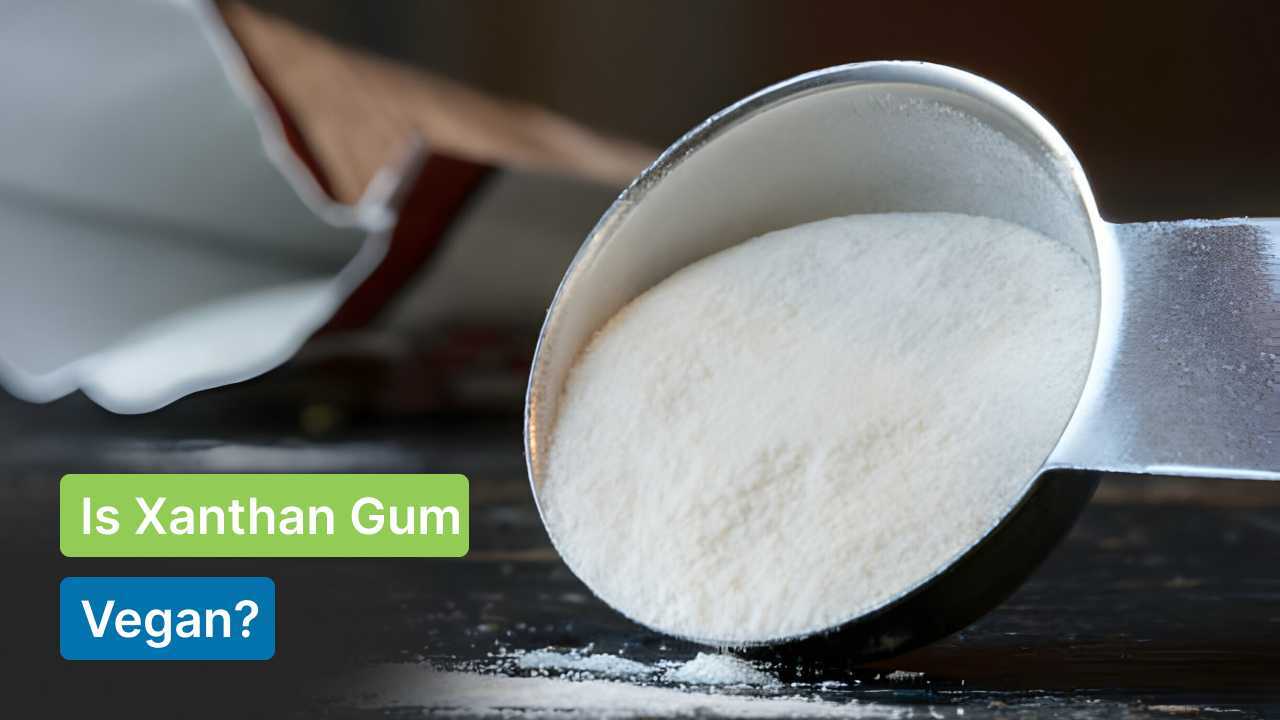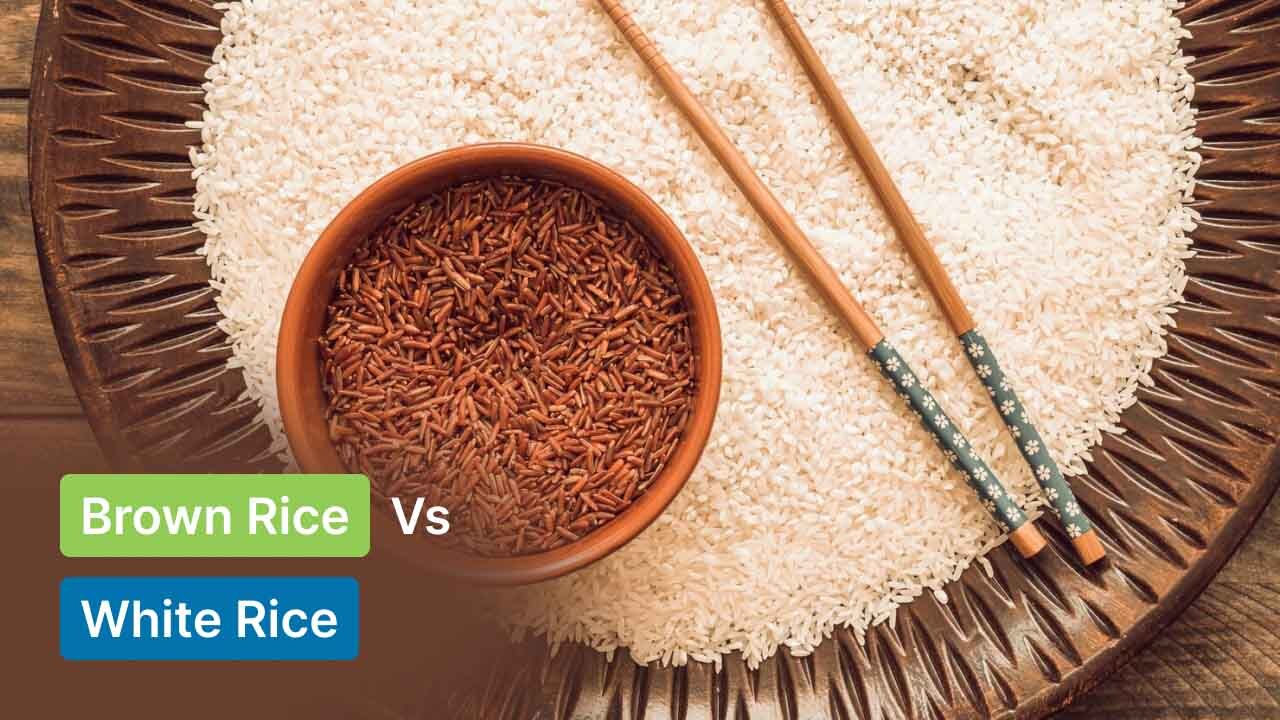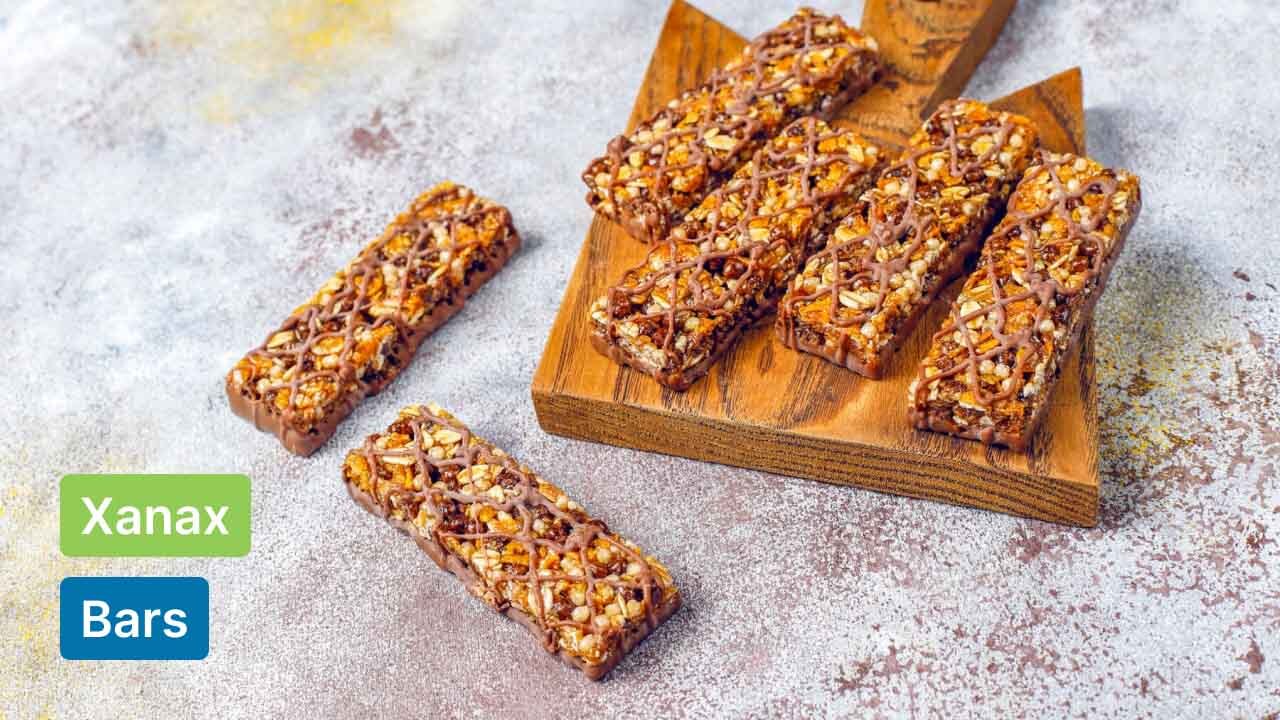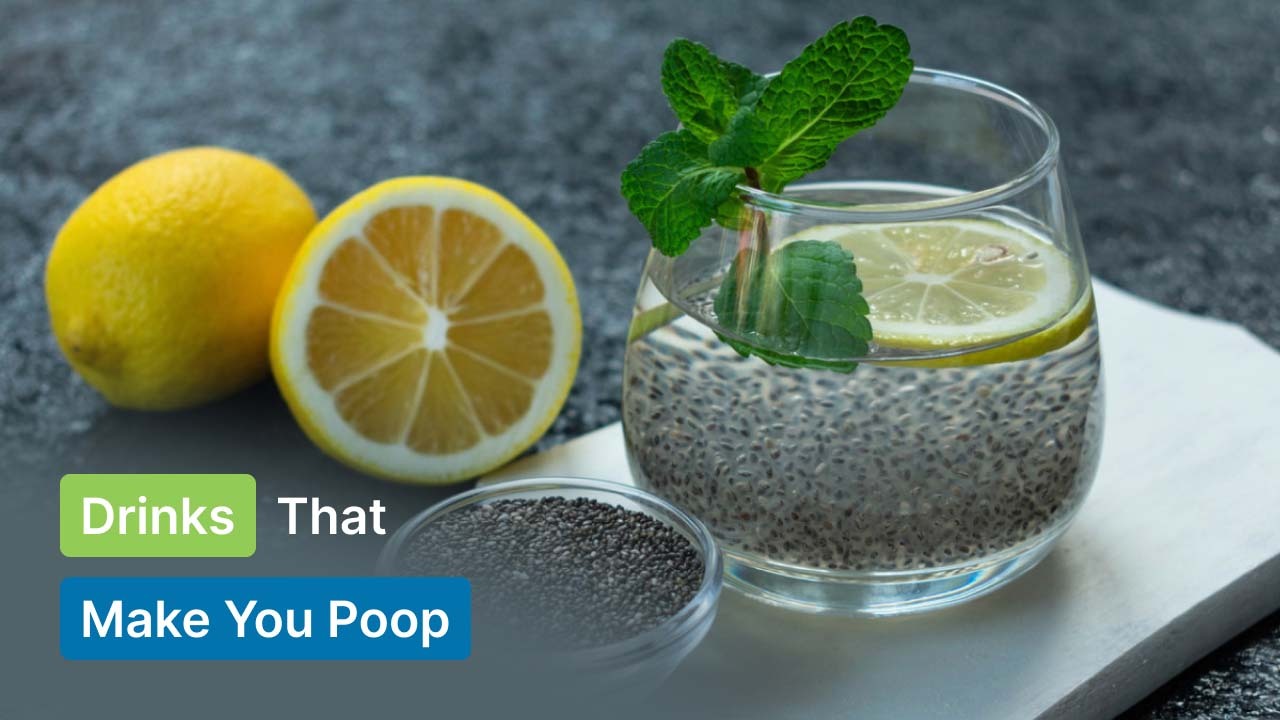
Ginger is a flowing plant widely grown in Southeast Asia. It has spread and gained popularity across the globe. It is a common ingredient in Asian kitchens and is gaining popularity worldwide.
Ginger is used as a spice in numerous food items such as vegetables, candy, pickles, alcoholic and other beverages. It is also proven to improve one’s health due to its medicinal properties.
Its rhizomes (ginger root) and leaves are used to flavor food or eaten directly. Apart from its uses in various food delicacies, ginger is significantly used in several traditional medicines to treat many ailments.
This article will discover what happens if you eat ginger every day.
Benefits of Eating Ginger Every Day
While eating ginger daily is safe and healthy, doctors and nutritionists recommend not to overeat it. The ideal amount of ginger intake is between 3 to 4 grams. Eating over 6 grams of ginger might cause gastrointestinal problems like heartburn, reflux, and diarrhea.
However, consuming ginger, as recommended by healthcare experts or nutritionists, can have several health benefits including:
1. Fight germs
Ginger helps fight infections and germs. Ginger's chemical compound kills harmful bacteria such as E. Coli and Shigella. It also helps keep the Respiratory Syncytial Virus (RSV) at bay.
2. Relieves nausea and vomiting
Ginger is proven effective in relieving nausea and vomiting, including pregnancy-related nausea, generally known as morning sickness. It works by breaking and getting rid of built-up gas in the intestine.
It also helps with nausea in people who have undergone surgery and/or chemotherapy.
3. Helps in easing arthritis symptoms
Ginger is anti-inflammatory and helps reduce swelling. It helps treat rheumatoid arthritis and osteoarthritis and reduces the pain and swelling caused by arthritis. You can take ginger by mouth, compress it, or patch it on your skin.
4. Bloating and gas
Eating ginger helps reduce fermentation, constipation, and other issues causing bloating and intestinal gas.
5. Helps indigestion
Ginger helps speed up stomach emptying, and taking ginger before the main meal improves the symptoms of indigestion in people with dyspepsia.
6. Reduce period cramps
Ginger may reduce period cramps. Some studies have shown that consuming ginger three days during the cycle can ease the period of pain.
7. Improves heart health
Some researchers found that taking ginger regularly has significantly heart health. It works by reducing triglycerides and Low-Density Lipoproteins (LDL) cholesterol while increasing High-Density Lipoproteins (HDL) cholesterol.
8. Protects against diseases
Ginger is loaded with antioxidants, which help prevent stress and damage. They are beneficial for cell repair as they reduce oxidative stress caused by free radicals.
It also helps your body to fight chronic diseases such as high blood pressure, lung disease, and heart condition. Additionally, it promotes healthy aging.
9. Curb cancer
Some studies have shown that the bioactive molecules in ginger slow down some cancers, such as colorectal, liver, skin, gastric, breast, ovarian, and prostate cancer. However, more research is needed to support the statement.
10. Soothes sore muscles
Ginger won’t quickly remove muscle pain on the spot, but it may reduce soreness over time. In some studies, people with muscle pain due to workouts took ginger and had less pain than people who had not. It also reduces recovery time from physical activity.
11. Weight loss
Ginger helps burn calories and reduces feelings of hunger which help reduce weight in overweight adults. It also helps improve blood cholesterol, blood pressure, blood sugar, inflammatory proteins, and liver health.
Side Effects of Ginger
Ginger has various health benefits, but taking ginger too much can have possible side effects. They include:
- Diarrhea: Too much ginger can cause diarrhea as it empties the food lane through the intestine, causing weakness and restlessness. So, just be aware of how much ginger you include in your diet. However, it's better to consult your doctor to know how much ginger you can add to your diet.
- Cause bleeding: Overconsumption of ginger can cause bleeding due to its anti-platelet (blood thinning) properties. So, be careful of how much ginger you consume, and if you notice anything abnormal, consult your doctor immediately.
- Heartburn: People with inflammatory conditions such as acid reflux who eat more ginger than required might experience heartburn.
- Upset stomach: The gingerol property in the ginger irritates the stomach lining by producing more acid and causes abdominal distress. Pregnant women must avoid having ginger as it is not recommended.
- Irritation in the mouth: Overeating ginger may cause oral irritation syndrome. One might encounter swelling, pain, and irritation after eating ginger. Additionally, many people can develop an allergy to ginger.
Conclusion
Ginger has essential nutrients and bioactive compounds which contribute to various health benefits. It also helps manage nausea, fight infections, reduce the risk of cancer, and many more.
It has been traditionally used as a cooking spice in various cuisines and has also been incorporated into the traditional medicine in those places.
It is a natural ingredient that is not harmful when consumed in moderation. It can have several potential benefits for your body.
Further research is needed in order to support its health benefits. Studies are still underway to accurately establish the health effects of ginger. The full extent of its metabolism and biochemical reactions in the body is yet to be completely understood.
Having said that, ginger is a natural spice and is safe to consume in moderate quantities. Adding it to your diet can have some health benefits and is guaranteed to add exciting flavor at the very least.
FAQs
1. Can ginger reduce belly fat?
Ans: Weight loss and, subsequently, fat loss can only be achieved if a calorie deficit is consistently maintained over a period of time. Fat loss can be further boosted if more protein and adequate sleep are maintained along with a calorie deficit.
If these conditions are met, ginger can further enhance your ability to lose belly fat.
2. What is the best time to eat ginger?
Ans: It is best to consume ginger in the morning. Preferably shortly before your first meal. This can help it regulate digestion and control blood glucose levels.
3. Does ginger boost hair growth?
Ans: Ginger is high in antioxidants that can help repair your scalp. It increases circulation, leading to faster hair growth and the distribution of nutrients to your hair. It can also control dandruff due to its anti-fungal, anti-inflammatory, and antiseptic properties.
4. Does ginger make you sleepy?
Ans: Some studies indicate ginger can help you relax and calm your nerves, making conditions conducive for sound sleep. This can help fix your circadian rhythm.
5. Does ginger make your skin glow?
Ans: Consuming ginger can help skin repair and new cell generation due to its antioxidants. Additionally, it can be used in small quantities as an ingredient in your skin care regimen for glowing skin.
Read Also:















































